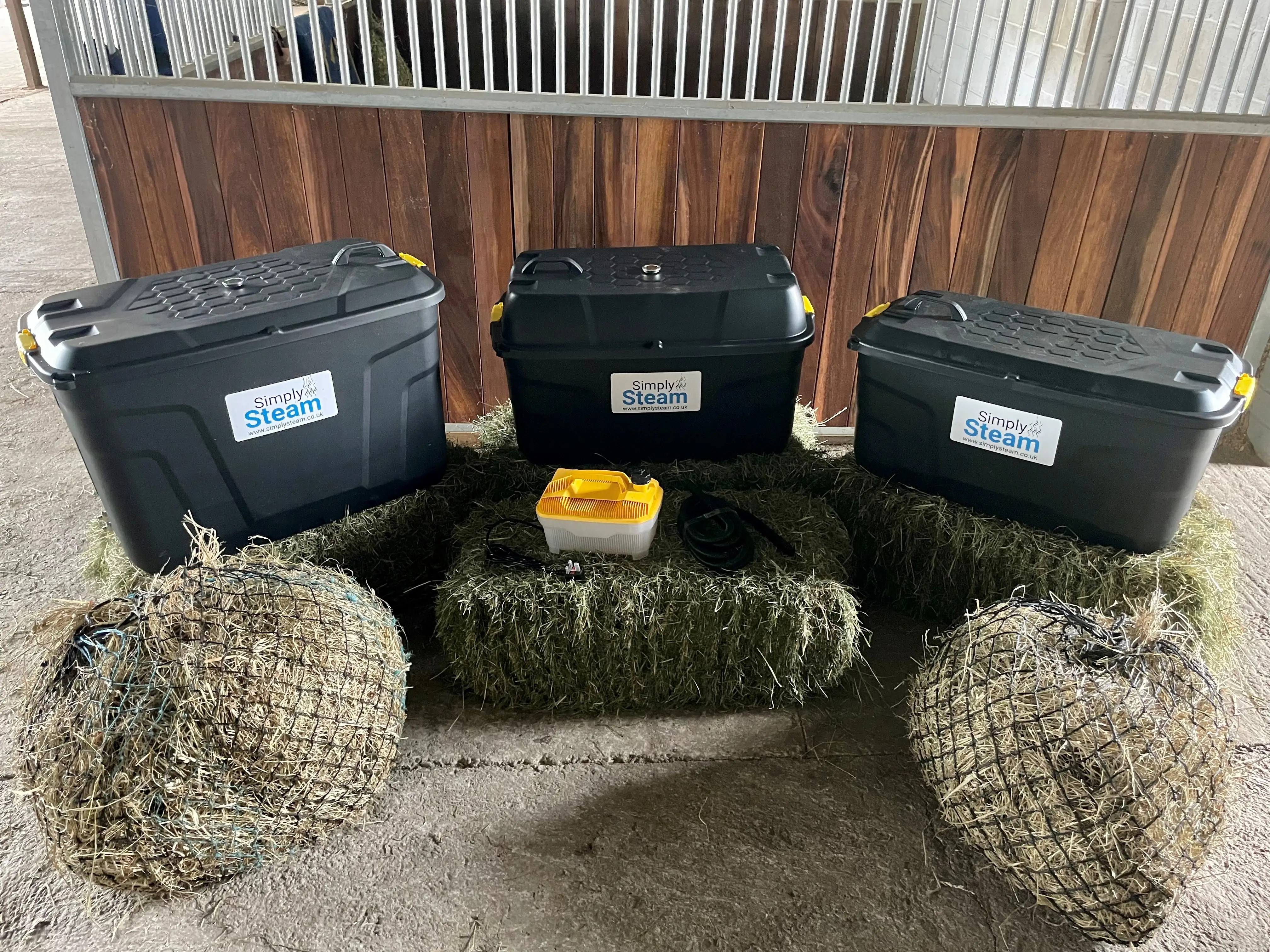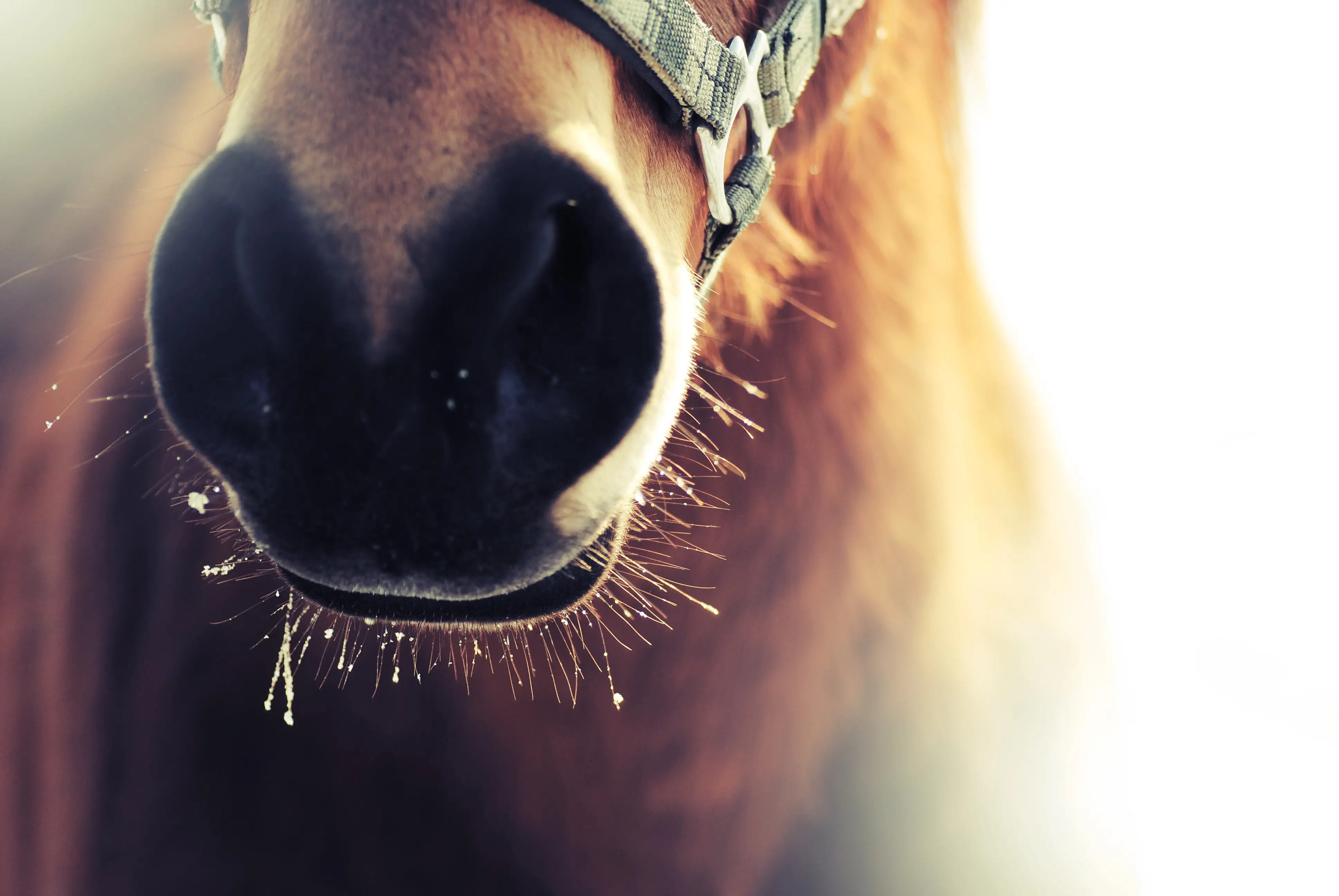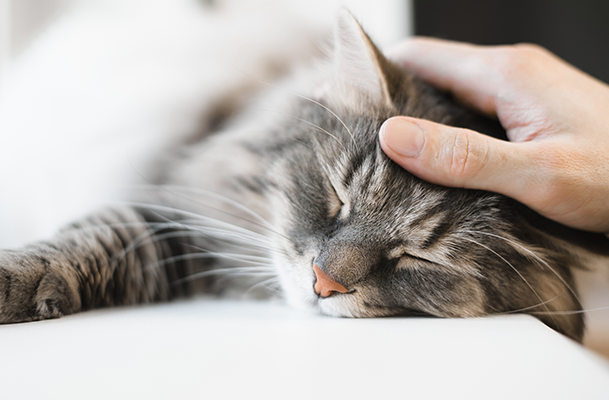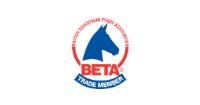22 February
Urinary incontinence in dogs
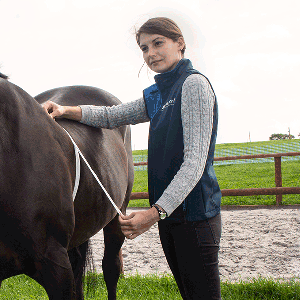 Edeline Bourrier
Edeline Bourrier
Edeline Bourrier
Edeline Bourrier
1. What is incontinence in dogs?
Urinary incontinence in dogs is defined by their inability to prevent themselves from urinating. He or she will involuntarily have a wee when sleeping or walking around. Incontinence can affect any dog. It is worth noting that older spayed bitches are more at risk.
2. What are the causes and veterinary treatments for canine incontinence?
Incontinence can have many causes that need to be identified in order to set up the right treatment plan.
- Hormonal imbalance: the urethral sphincter can become affected by hormonal changes arising from spaying or castrating. The risk of incontinence is higher in bitches than in male dogs because of the changes in oestrogen levels.
- When considering a treatment, your vet may prescribe oestrogen replacement or a treatment to support muscular tone.
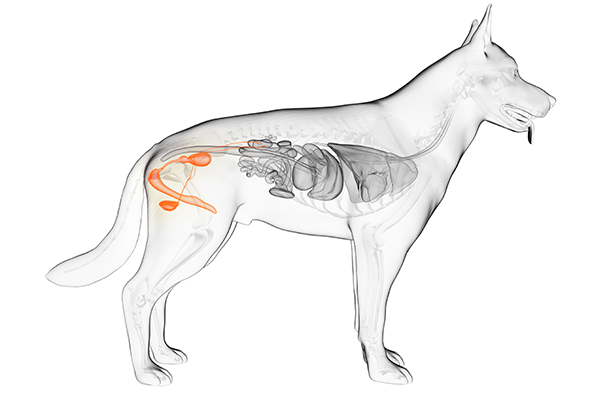
Find out more in our Blog:
Hormonal imbalance in neutered dogs
https://www.hiltonherbs.com/en/blog/hormonal-imbalance-in-neutered-dogs
- Illnesses like diabetes, Cushing or kidney failure: these pathologies tend to increase thirst. If your dog ends up drinking more, it is not surprising the he or she will pass more urine. If you notice your dog is drinking more than usual, you should talk to your vet.
- Kidney and bladder stones or urinary tract infection: these diseases can disrupt the passing of urine by obstructing the urinary track or preventing the bladder from being emptied correctly. Often, you vet will suggest a dietary change to help dissolve the stones and prevent their reappearance. In the most severe cases, he may operate to remove the stones.
- Birth defect or anomaly resulting of an accident: ectopic urethra or injury-induced anatomical issue can be a reason for incontinence. Corrective surgery can be attempted, however it is seldom enough to completely sort out the issue.
- Nerve damage: it can be the result of an accident or a slipped disk causing interference with the messages from the nervous system. Depending on the type on lesion, a treatment may or may not be possible.
3. What is the difference between incontinence or inappropriate elimination?
As discussed above, many factors can result in incontinence.
Beware not to mix it up with inappropriate elimination which is often the result of behavioural issue such as over excitement, fear, or mainly in male dogs scent marking.
4. How to help my dog with incontinence naturally?
Once incontinence is diagnosed and a treatment is in place you may need to adapt your dog’s environment by adding a training pad to your dog’s bed and throughout the house.
Alongside the veterinary treatment, your can support your dog using complementary therapies such as phytotherapy or herbal medicine.
Find our more in our Blog:
Herbs to support the Urinary system
https://www.hiltonherbs.com/en/blog/herbs-for-the-urinary-system
Hilary Self, our medical herbalist at Hilton Herbs recommended a selection of herbs traditionally used to support dogs suffering from urinary issues:
- Agnus castus, or monk’s pepper can help when the cause is hormonal
- Corn silk, with its astringent properties and mucilage content can help soothe and tone the bladder
- Marshmallow is great for soothing inflamed mucous membrane and the urinary tract lining
- Diuretic plants such as horse tail and hydrangea can support animals with urinary stones or infections which can lead to incontinence.
Our Product Suggestions:
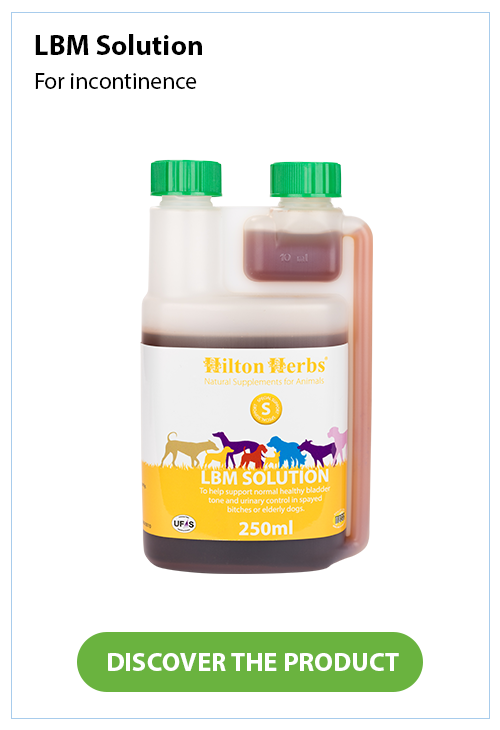
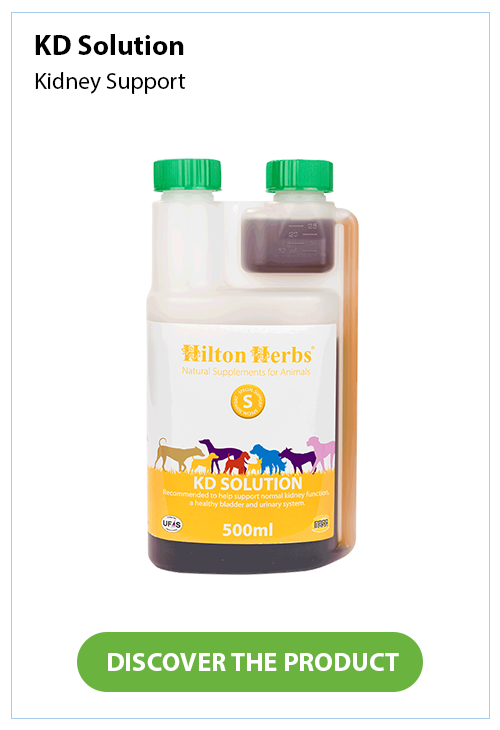
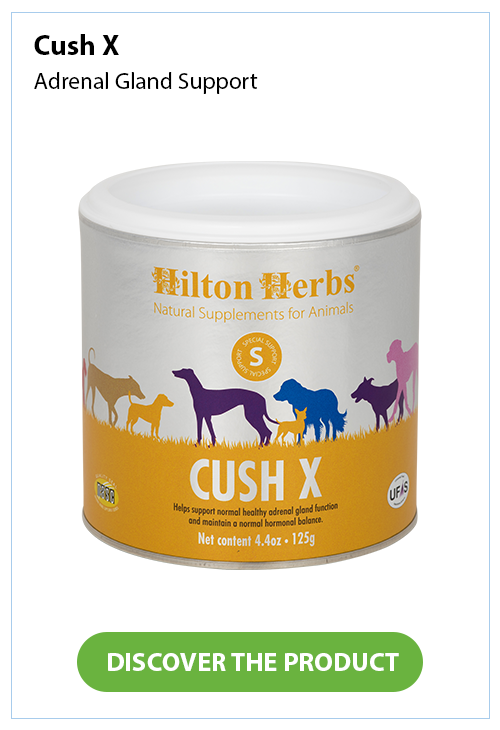
 About Edeline Bourrier
Edeline Bourrier
About Edeline Bourrier
Edeline Bourrier






























